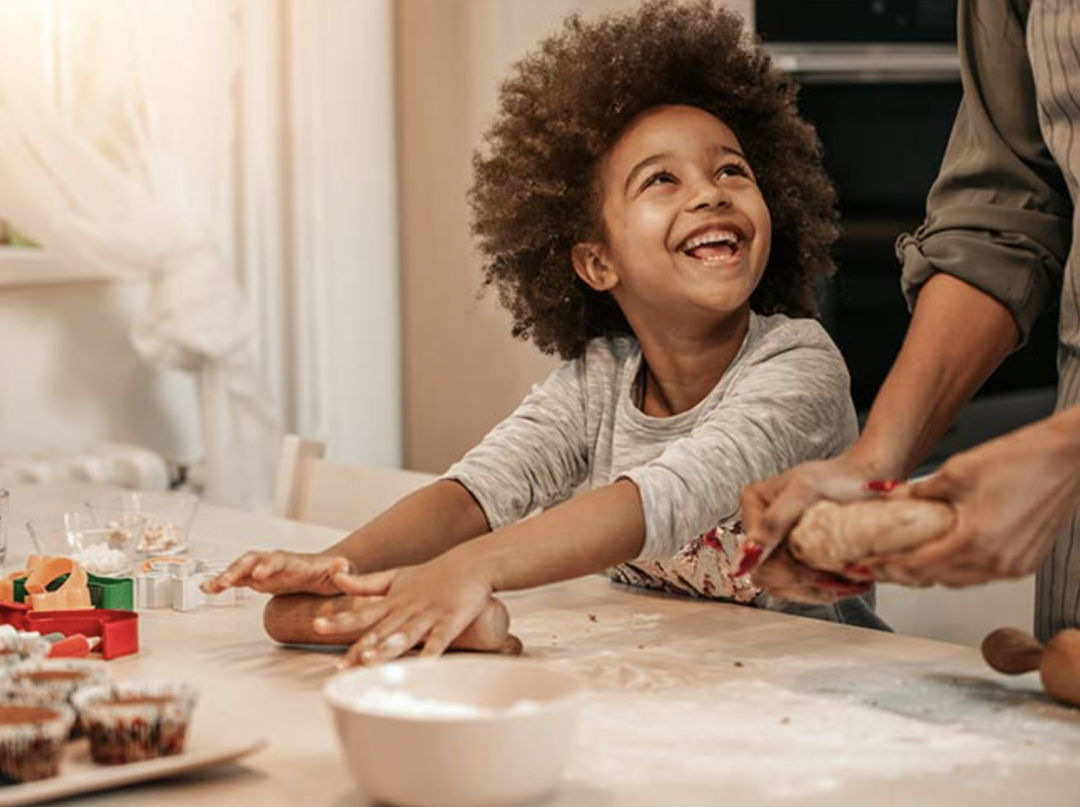Stay Home for the Holidays

Protect yourself and your loved ones by avoiding travel when possible this season, especially if you are sick.
Image: Courtesy Kaiser Permanente
As COVID-19 continues to spread, this year’s holiday season will look and feel very different throughout our country and across the globe. While this season is normally considered the busiest time of year for traveling and gathering with family and friends, health and safety concerns are causing many people to revamp their traditional holiday plans.
Kaiser Permanente’s infectious disease specialists support the Centers for Disease Control and Prevention’s guidance that staying home is the best way to protect yourself and others, as travel increases your chances of getting and spreading COVID-19.
“One can be a carrier, or think early symptoms are just a cold,” said Paul Thottingal, MD, national infectious disease leader for Kaiser Permanente. “While you can get a test before traveling, it only confirms your negative status at the time of the test and doesn’t prevent you from getting—and spreading—the disease while traveling.”
Should you travel for the holidays?
According to the CDC, travelers face a higher risk of being exposed to the virus at airports, bus and train stations, and rest stops—all places where it can be difficult to physically distance. You may feel fine and not have any symptoms, but you and your travel companions, including children, can still spread COVID-19 to other people for at least 14 days after you were exposed to the virus.
Despite the call for caution, traveling may be unavoidable. If you still plan on traveling and gathering during the holidays, remember to protect yourself and others from COVID-19 by continuing to follow safety protocols: wear your mask, watch your distance, and wash your hands frequently. And don’t travel or gather if you’re sick, with someone who is sick, or if you’ve been around someone with COVID-19 in the 14 days before your planned departure date.
“It’s understandable that people have developed fatigue dealing with the complexities and confusion regarding this disease, and they want to put this behind them,” Dr. Thottingal said. “But we are still very much in a pandemic. We’ve seen increases in cases after each major holiday. To avoid another surge, we have to keep up our guard.”
For more tips on how to keep yourself and your family safe from contracting COVID-19, visit kp.org/covid-19.




